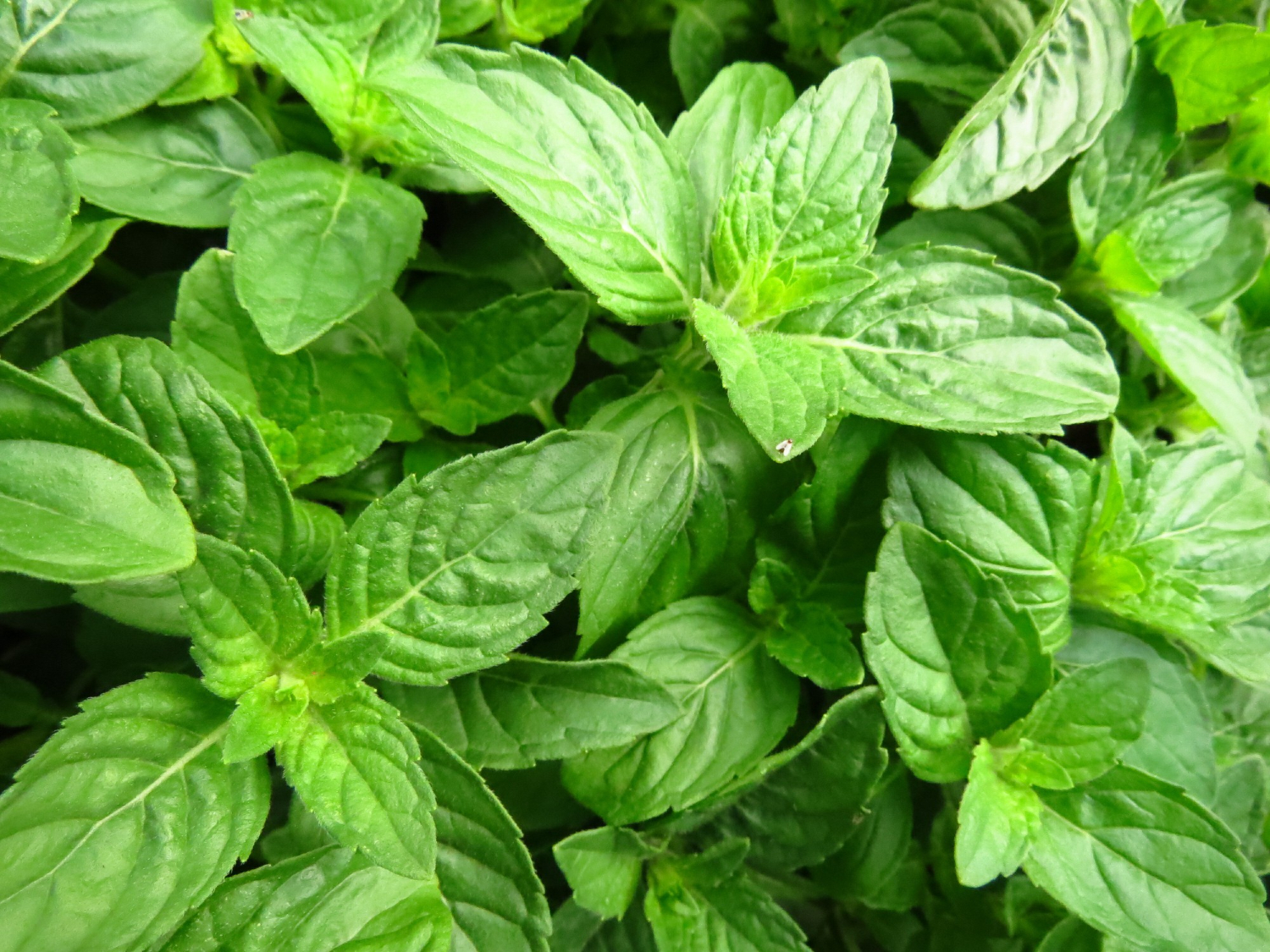- Your cart is empty
- Continue shopping

Introduction
Growing herbs is very common in Indian households. You must have seen your mother or grandmother planting pots of herbs and using them later for medicinal purposes. Tulsi is one of the most common herbs you must have seen.
Tulsi is used for treating common colds and stomach aches. Other than that, it also holds special religious believes. In Indian mythology, growing tulsi in house indoors brings positivity in life.
How to grow Tulsi?
- Sow seeds
Tulsi is grown in early summers as it needs an optimum temperature of 15-21 ̊C. So start sowing tulsi seeds for plantation in warm weather. These seeds don’t need to be sown very deep. You can tap them 2cm deep into the soil.
- Prepare the soil
Prepare the soil with compost and manure. You can make your household compost with decomposed organic waste. The soil needs to be aerated and puffy, not sticky and clay-like. Keep soil aerated by keep loosening the soil it helps in air respiration.
- Tulsi seeds
Always buy high-quality tulsi seeds for planting. These seeds are damage-free and germinated fully without any weeds seeds.
- Watering
Tulsi is planted during summers so it needs to be watered every day. Provide water in small amounts on regular basis. Flooding of water will damage its overall structure.
- Sunlight
Plants need sunlight for growth. Tulsi has been placed in sun exposed area as it needs 7-8 hours of sunlight. For winters shift the planters indoors as winter frost could damage them. You can place them in areas where sunlight is available during the day and shift them indoors at night.
How to take special care of Tulsi plant
- Cut the flowers out if you want to grow a bushy tulsi plant.
- Keep soil aerated by loosening it with a gardening tool. It helps to keep it fluffy and loose, which helps in soil respiration.
- During summers insects, buds and mosquitoes could harm the tulsi plant. Use need-based pesticides to keep them away.
- Place tulsi plants in sunlight and provide shade when necessary. During summer, high temperatures may damage the leaves and plants.
- Keep watering plant regularly but in light amount, as to not cause overflowing.
Benefits of Tulsi
Vitamin C
Vitamin C is an antioxidant that helps in the removal of free radicals that could cause diseases. It keeps your body healthy and also helps in metabolism. Tulsi is rich in Vitamin C which is beneficial for health.
Promotes insulin secretion
Insulin hormone converts blood glucose into energy. Deficiency of insulin cause an increase in blood sugar level and diabetes. Tulsi promotes releasing of insulin that helps is the metabolism of glucose into energy and keeps your body healthy.
Anti-inflammatory properties
Tulsi has anti-inflammatory properties that help to relieve stomach aches. It protects from bacterial and viral infections.
Conclusion
Tulsi is a very important herb as it provides many benefits. If you want to grow a kitchen garden then start with tulsi seeds for planting. You can buy all the necessary ingredients from Agrisetu, an urban gardening site. So, take the first step with tulsi!
